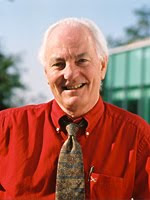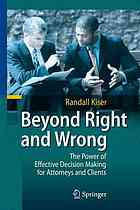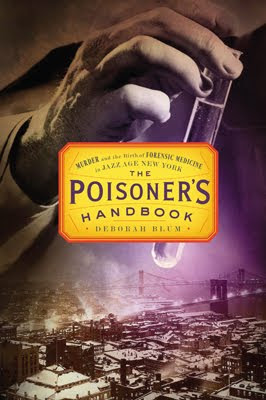 Professor Maureen A. Howard tackles the use of peremptory challenges in criminal cases. Taking the High Road: Why Prosecutors Should Voluntarily Waive Peremptory Challenges, 23 Geo. J. Legal Ethics 369 (2010), available on LexisNexis, Westlaw.
Professor Maureen A. Howard tackles the use of peremptory challenges in criminal cases. Taking the High Road: Why Prosecutors Should Voluntarily Waive Peremptory Challenges, 23 Geo. J. Legal Ethics 369 (2010), available on LexisNexis, Westlaw.
Using published studies and her own trial experience, Professor Howard questions the usefulness of peremptory challenges.
She moves on to explore the costs of their use: limiting the breadth of community participation and increasing the public's perception that lawyers are manipulating the system. She argues that prosecutors should voluntarily waive their right to use peremptory challenges.
Responding to potential concerns that giving up peremptory challenges would allow biased jurors to serve, Professor Howard says that the solution would be "a broader definition and application of a challenge for cause, not necessarily retention of the current peremptory challenge practice." (p. 415)
She concludes:
The use of peremptory challneges has questionable value and risks violating the constitutional rights of both defendants and prospective jurors. . . . Instead of waiting for judges and legislators to respond to the decades of criticism levied at the use of peremptory challenges and the narrow definition and application of for-cause challenges, the prosecutor should 'take the high road' and waive peremptories.




